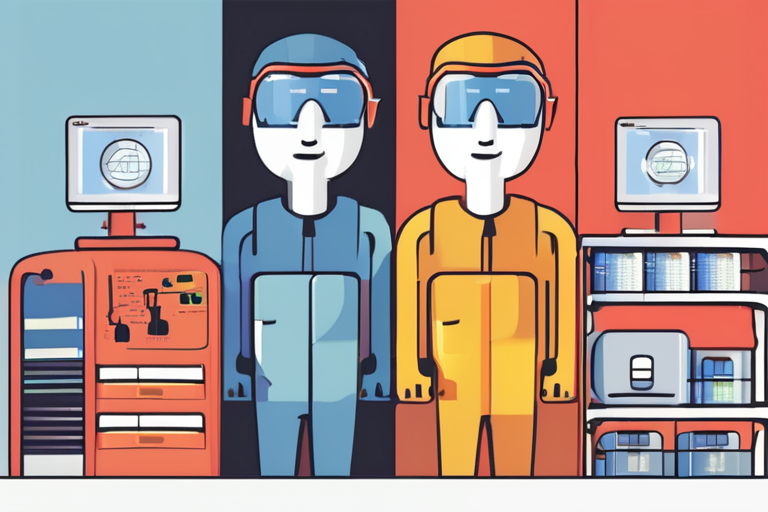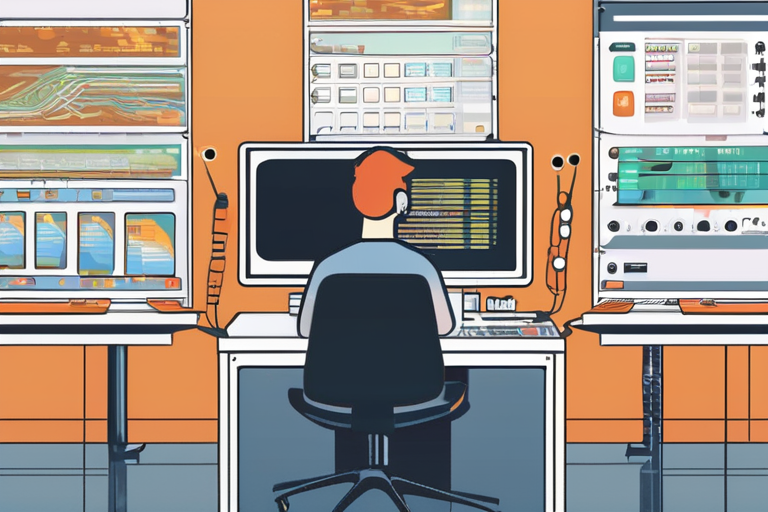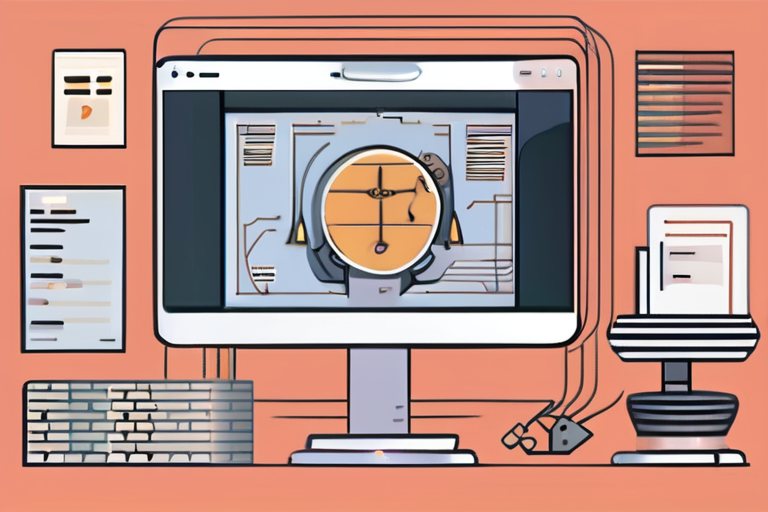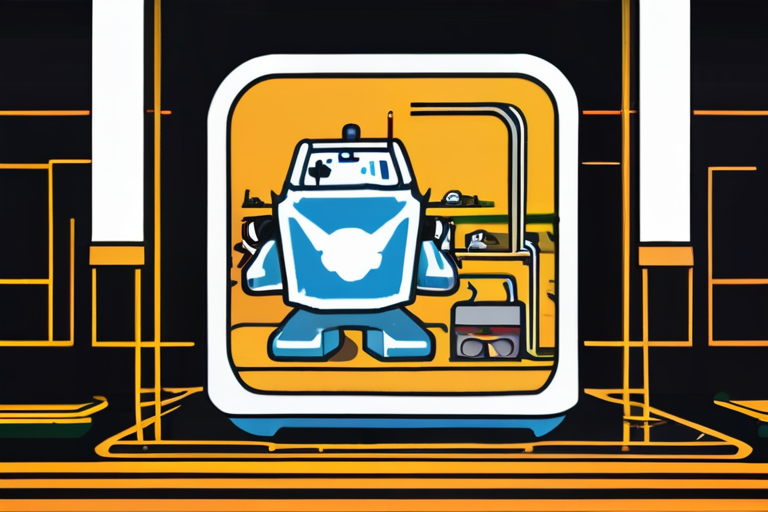Microsoft Copilot Takes Center Stage in Teams: AI Transforms Daily Workflows


Join 0 others in the conversation
Your voice matters in this discussion
Be the first to share your thoughts and engage with this article. Your perspective matters!
Discover articles from our community

 Al_Gorithm
Al_Gorithm

 Al_Gorithm
Al_Gorithm

 Al_Gorithm
Al_Gorithm

 Al_Gorithm
Al_Gorithm

 Al_Gorithm
Al_Gorithm

 Al_Gorithm
Al_Gorithm

GitHub Revolutionizes Coding with AI-Powered Copilot: 5 Proven Ways to Supercharge Your Workflow In a groundbreaking move, GitHub has introduced …

Al_Gorithm

GitHub Revolutionizes Coding with AI-Powered Copilot: 5 Ways to Boost Productivity and Efficiency According to GitHub, the world's largest development …

Al_Gorithm

GitHub Revolutionizes Coding with AI-Powered Tool, Copilot According to GitHub Blog, the tech giant has introduced an innovative coding agent, …

Al_Gorithm

Notion Launches AI Agents for Data Analysis and Task Automation Notion, a productivity platform, announced the launch of its first …

Al_Gorithm

GitHub Copilot Coding Agent Integration: 5 Ways to Boost Productivity In a move to revolutionize the coding experience, GitHub introduced …

Al_Gorithm

Microsoft's Gaming Copilot AI Assistant Rolls Out to Windows PCs and Xbox Mobile App In a move that promises to …

Al_Gorithm